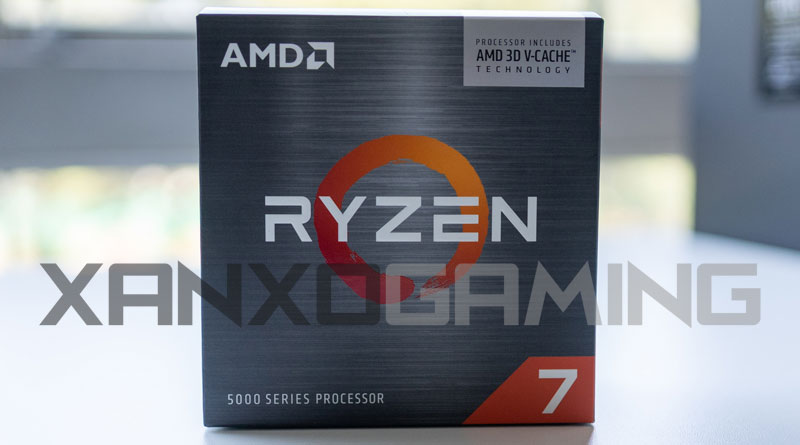I think the 3.9 GHz all core speed for the 5950X is due to the TDP of the chip more than anything else. The 5900X has a higher all-core turbo and both of the single chiplet CPUs can hit around 4.5 GHz all core. There's some data from an
AT article that shows the 5800X, 5900X, and 5950X all hitting the same power levels when boosting, with the only difference being the clock speed that all of the cores hit.
The
details we have on
TSMC 5nm don't suggest that provides either enough of a frequency or a power uplift for a Zen 3 shrink to hit something like a 5 GHz all core turbo within the same 125 W TDP. The transistor density improves a lot, but it's a 15% frequency boost or a 20-30% power improvement. I'm not sure where the person who originally made the post got 20% - 40% improvement from, but it doesn't line up with other published figures. Some articles do talk about other possibilities for additional performance gain, but those parts are light on details or specifically indicate that they come at the expense of density.
If we use the 5N shrink for a 30% power reduction and the figures from the AT article, we'd only expect an all-core turbo of around 4.5 GHz for a 16-core chip. The 8-core chip could be pushed so that the all-core turbo is above 5 GHz, but I question the usefulness of that since games largely still rely on having a single fast thread as opposed to being able to boost all threads to some amount and anything that's massively parallel like Cinebench is going to do far better with twice the cores even if they're not as fast.
Even if we could get a magic 40% frequency boost, at that point the chip is probably outrunning the memory system and won't realize a 40% performance gain from those clocks. We've already seen how much Alder Lake benefits from DDR5 memory in some benchmarks, so it's likely that AMD is going to see a lot of the performance uplift from Zen 4 come from faster memory as well.




